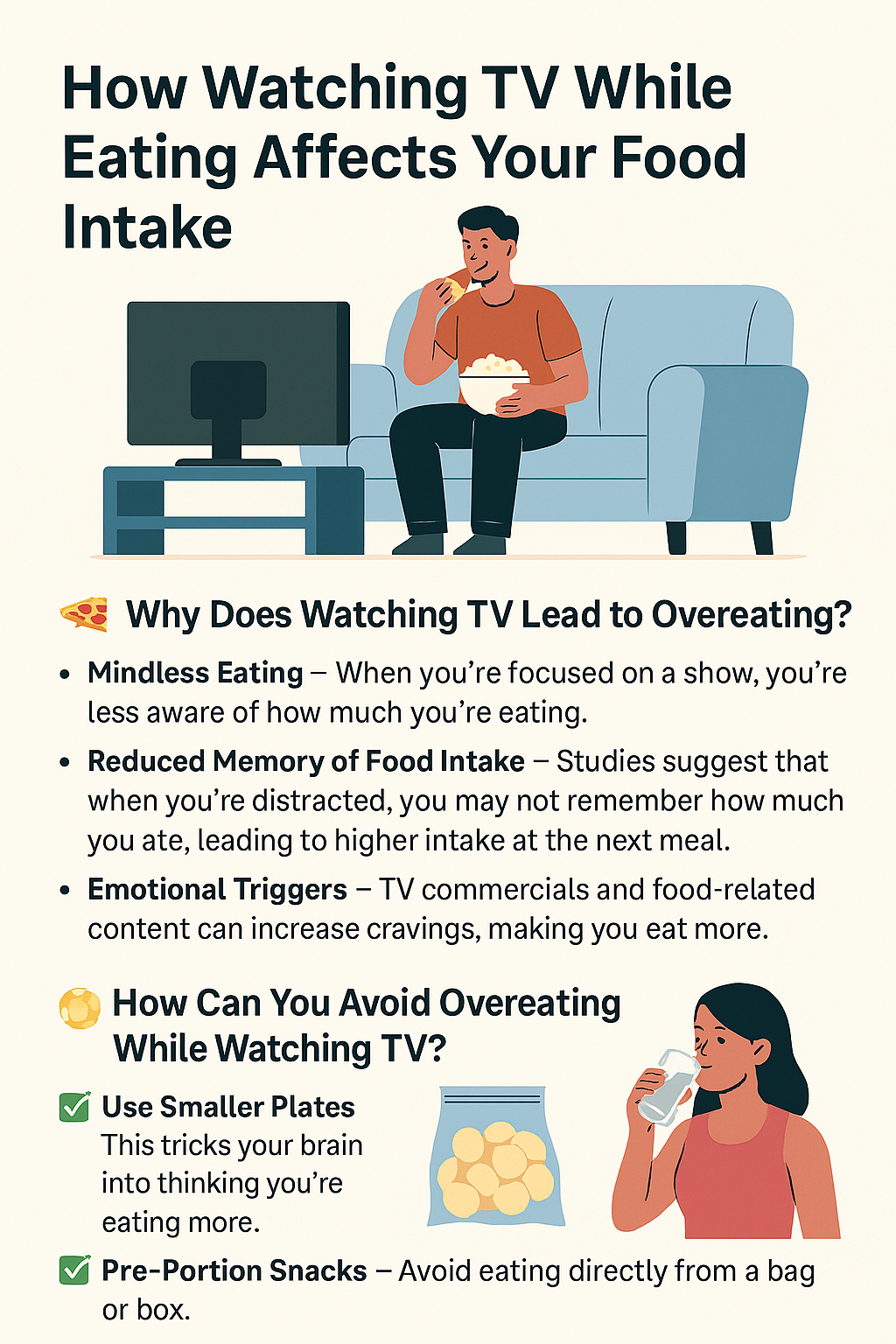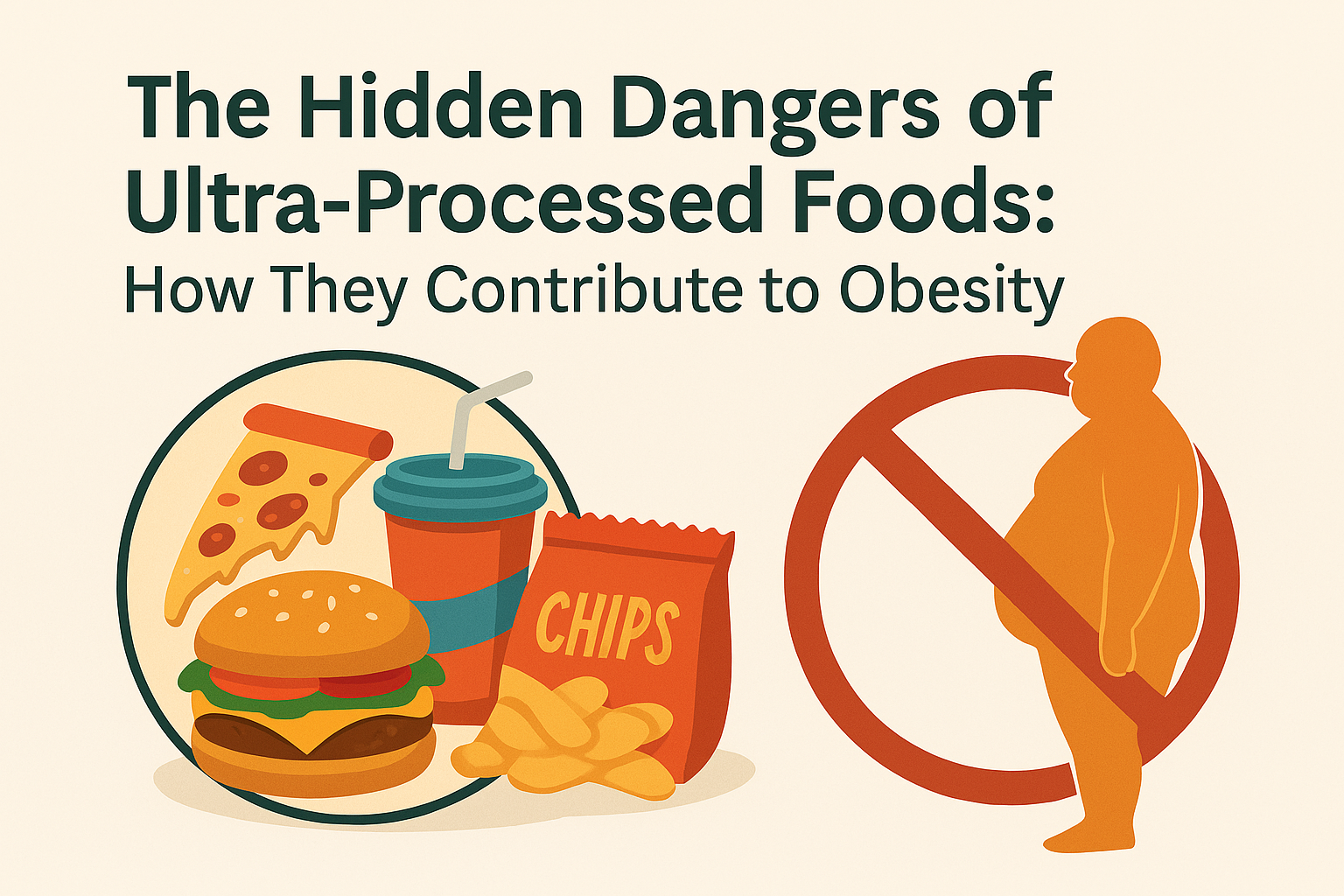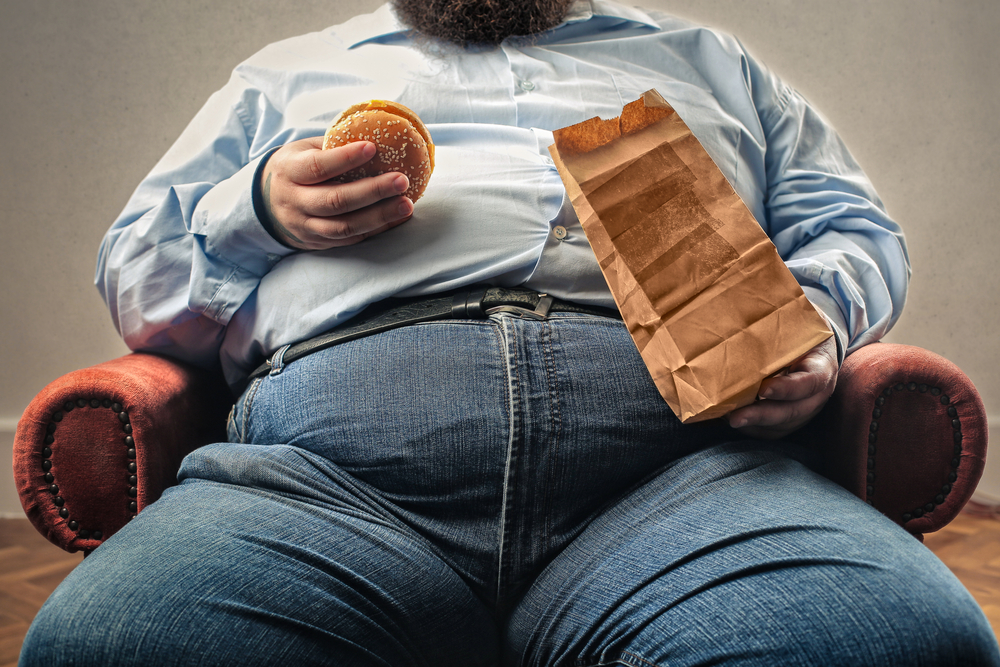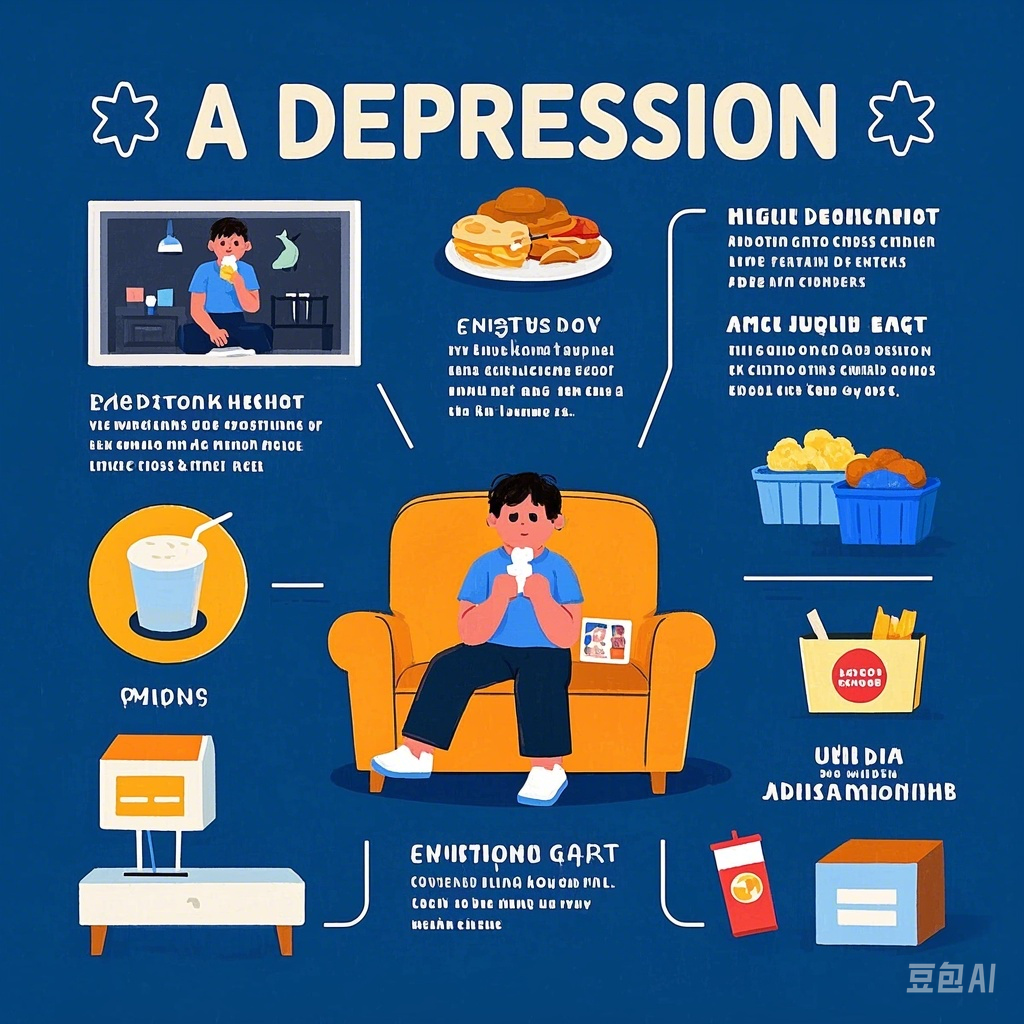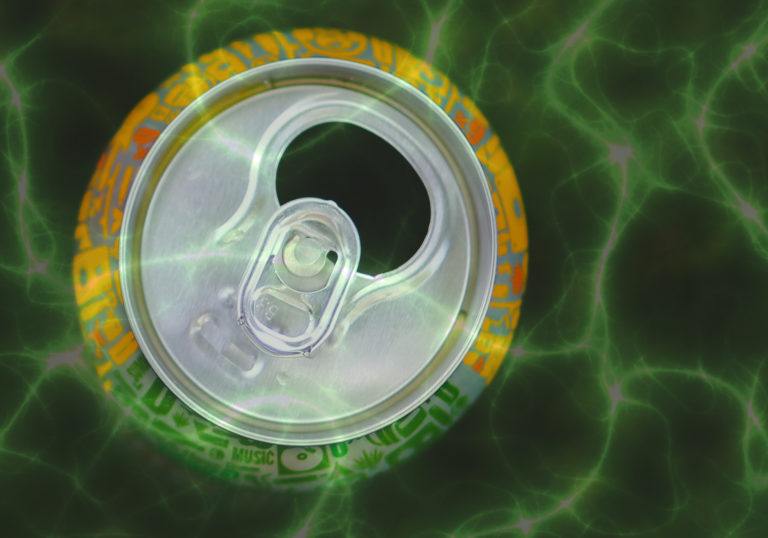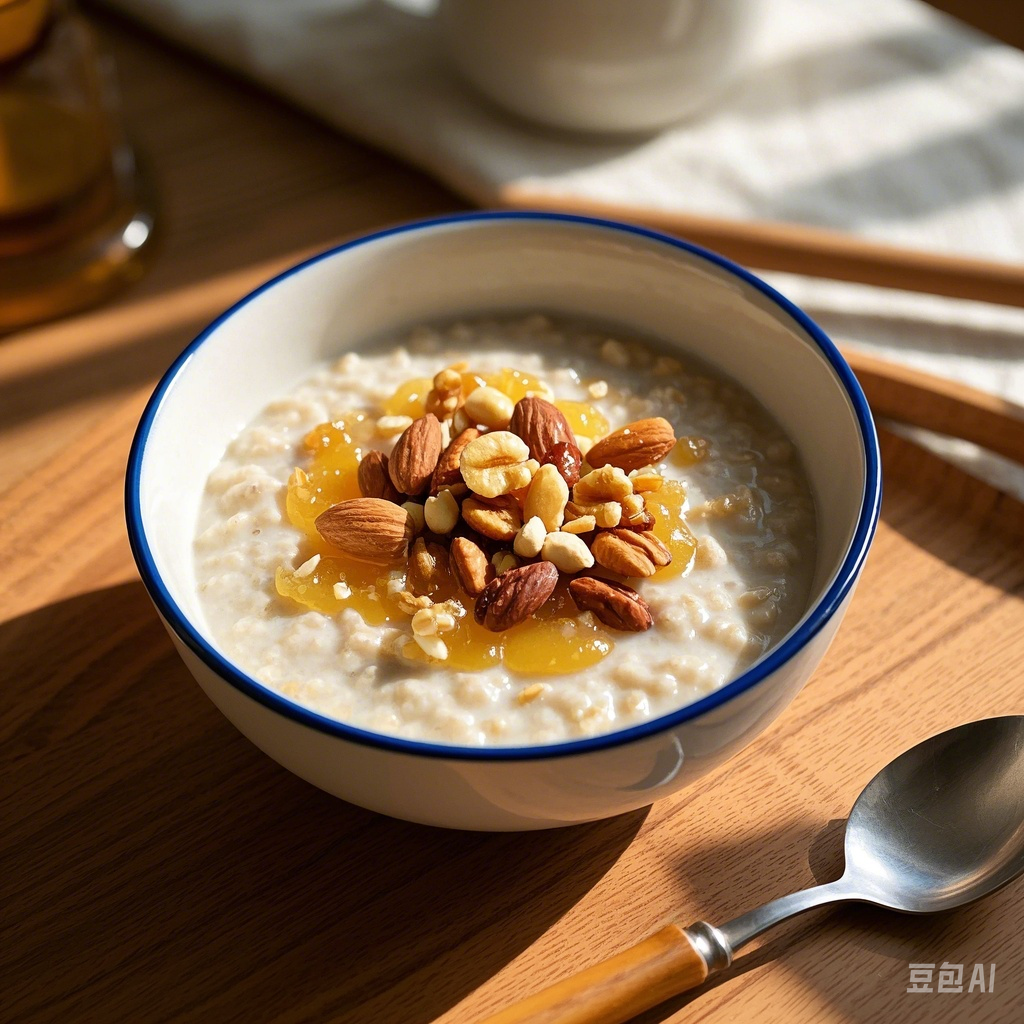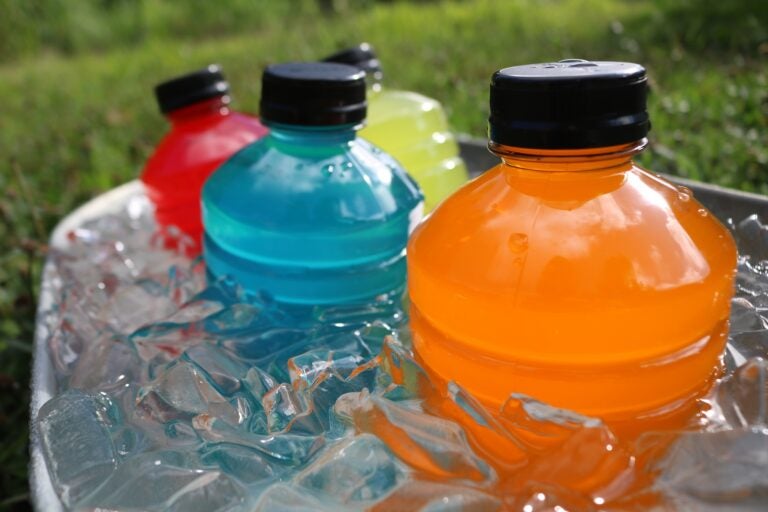Have you ever picked up a “sugar-free” soda or “diet” yogurt and wondered what makes them sweet? Chances are, you’ve encountered low-calorie sweeteners (LCS). These sugar substitutes are used in a wide range of products—from beverages and candies to chewing gum and baked goods—offering sweetness with little to no calories. But are they truly healthier? Let’s dive into what we know (and don’t know) about them.
What Are Low-Calorie Sweeteners?
Low-calorie
sweeteners, also called artificial sweeteners, non-nutritive sweeteners, or
sugar substitutes,
provide intense sweetness without the calories of sugar. Because they are hundreds or even
thousands of times sweeter than table sugar, only a small amount is needed.
Common FDA-approved LCS include:
*Note: People with phenylketonuria (PKU) should avoid aspartame.
In addition, two sweeteners are considered Generally Recognized as Safe (GRAS)
under specific
conditions:
Sweetener
Brand Names
Sweetness vs. Sugar
Max Daily Intake (Packets)
Aspartame
Equal®, NutraSweet®
200x
75*
Acesulfame-K
Sunett®, Sweet One®
200x
23
Saccharin
Sweet’N Low®
200–700x
45
Sucralose
Splenda®
600x
23
Neotame
Newtame®
7,000–13,000x
23
Advantame
—
20,000x
4,920
Health Risks of Sugary Beverages
Sugary drinks rank at the bottom of the health scale. They provide high calories without offering satiety or nutrients, making it easy to overconsume.
What About Sugar Alcohols?
Sugar alcohols like sorbitol, xylitol, erythritol, and maltitol are not technically LCS, but they are often used in sugar-free products. They offer fewer calories and don’t spike blood sugar levels. However, consuming them in large amounts may cause bloating or diarrhea, especially with erythritol. Recent studies raised concerns about a potential link between erythritol and cardiovascular risks, though more research is needed to confirm this.
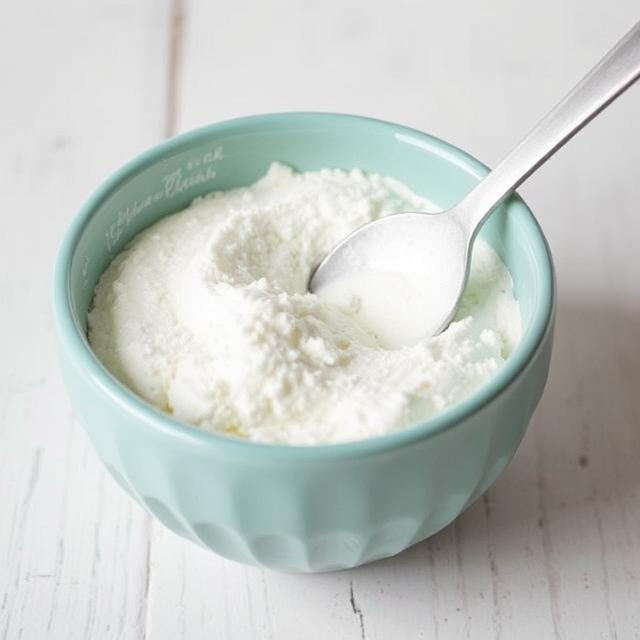
Do LCS Help With Weight or Blood Sugar?
The
evidence is mixed.:
👉 In short: LCS may help reduce sugar intake in the short term, but they are not a magic bullet
for weight loss or diabetes control.
What About Type 2 Diabetes?
Observational studies have linked both sugary and diet drinks to a higher risk of type 2 diabetes, but this could be due to reverse causation—people already at risk may switch to LCS beverages. More controlled trials are needed.
Are There Cancer Risks?
Artificial sweeteners like saccharin and aspartame were once feared to cause cancer based on outdated animal studies. However, these concerns were later dismissed after rigorous reviews. To date, there is no strong evidence from large-scale human studies that LCS cause cancer.
Key Takeaways:
Bottom Line:
Low-calorie sweeteners offer an alternative to sugar, but they are not without controversy. Whether you're managing weight, blood sugar, or just curious, the best approach is to stay informed, use moderation, and focus on a balanced diet rich in whole, minimally processed foods.


